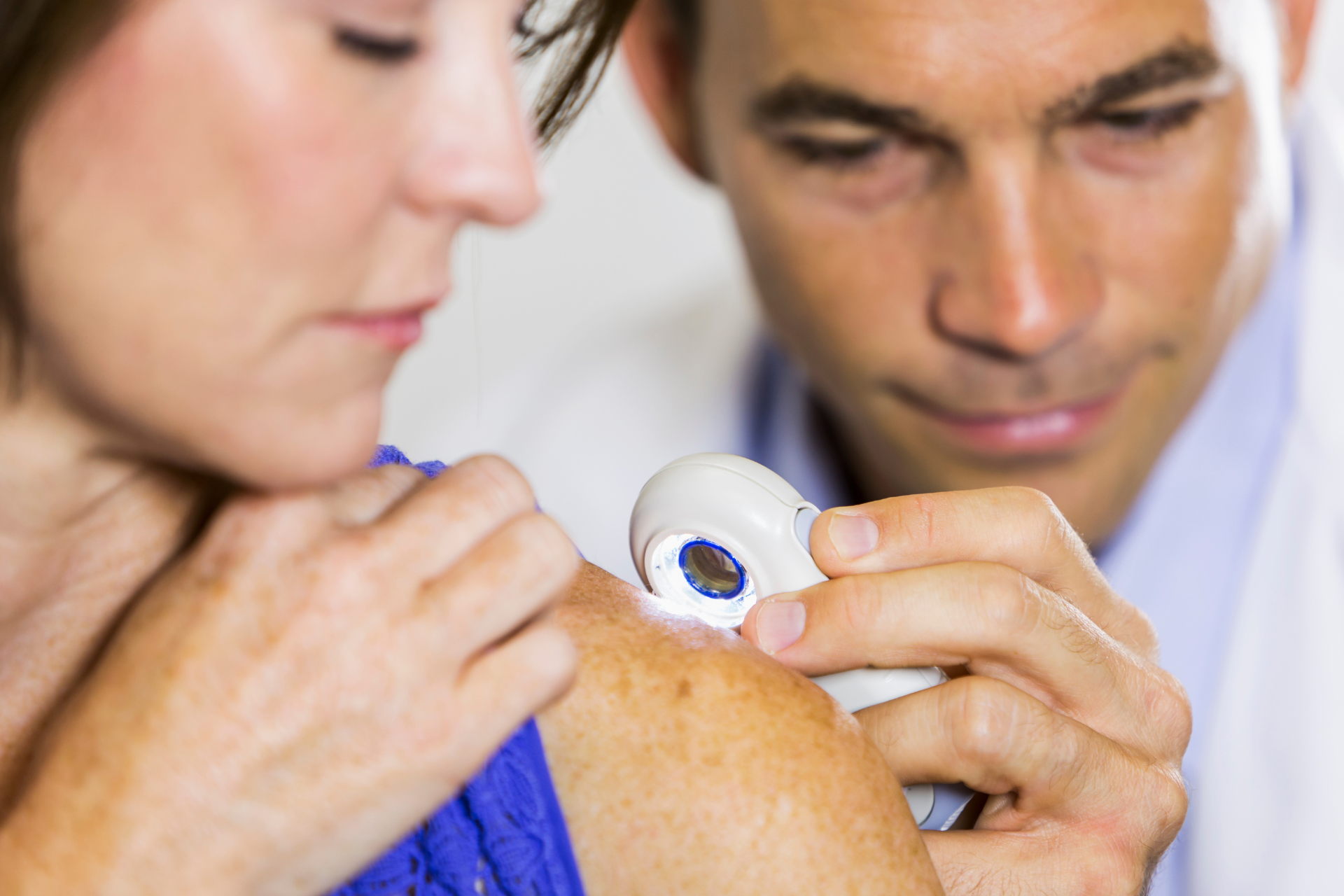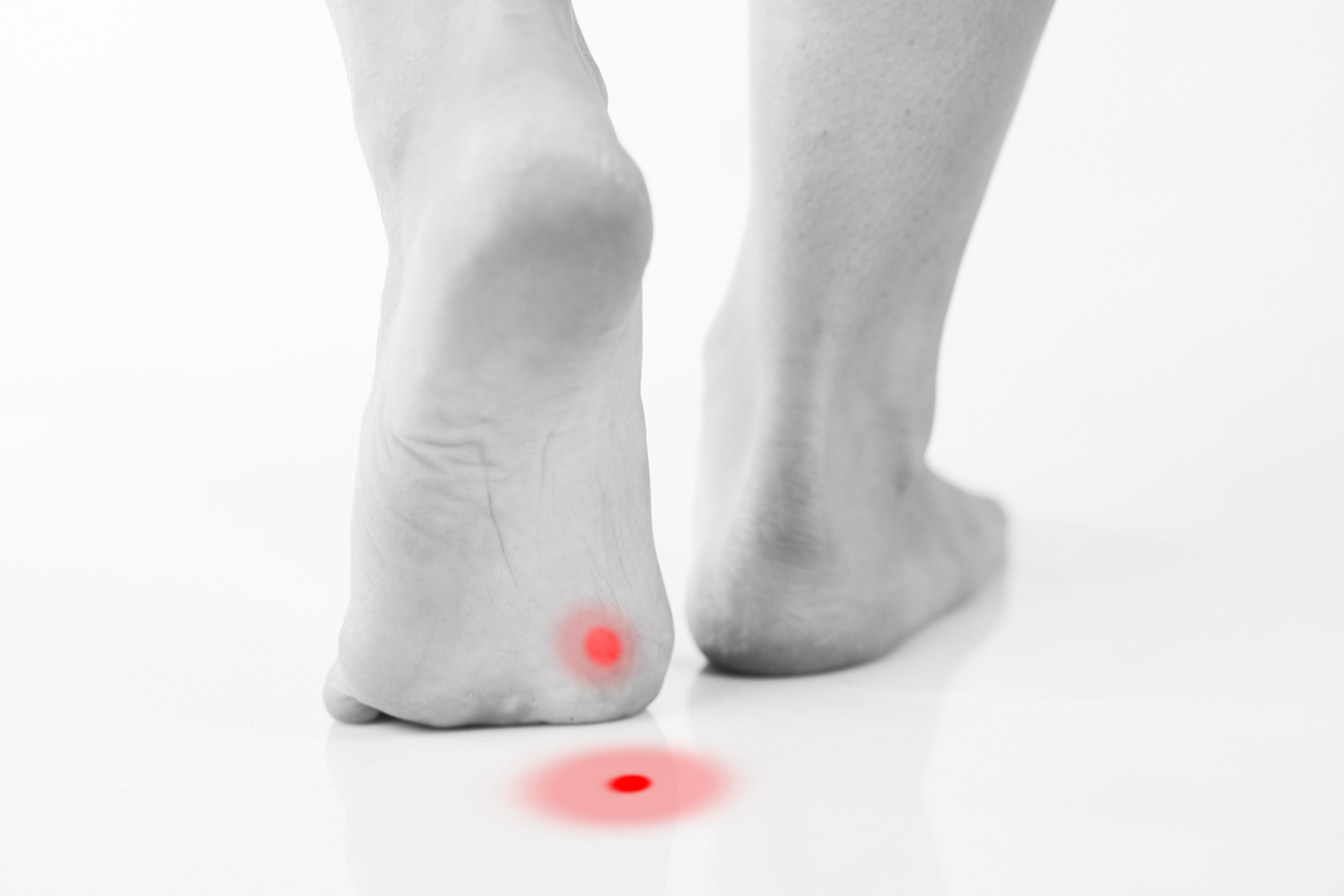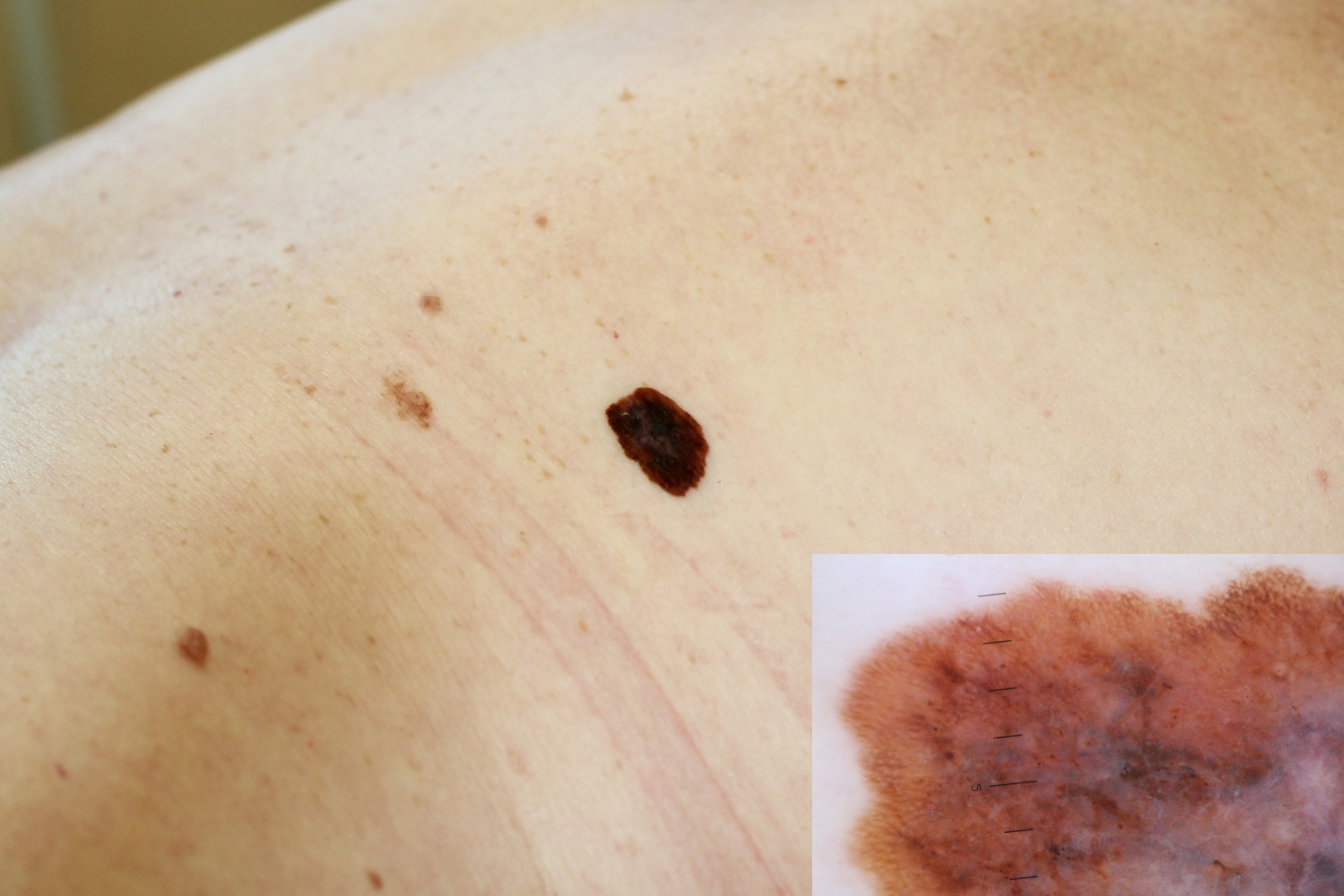Are Skin Cancer Screenings Covered by Insurance? A Comprehensive Guide

At Fall Creek Skin and Health Clinic, we understand the importance of staying proactive about your health, particularly when it comes to skin cancer screenings. Skin cancer is one of the most common types of cancer, and early detection can significantly improve outcomes. However, many patients often wonder whether insurance covers these crucial screenings. This comprehensive guide aims to clarify the nuances of insurance coverage for skin cancer screenings and inform you about what to expect during your visit.
Understanding Skin Cancer Screenings
Skin cancer screenings typically involve a thorough examination of your skin by a qualified dermatologist or healthcare provider. The goal is to identify any unusual moles or skin changes that could be indicative of skin cancer, including melanoma and non-melanoma types such as basal cell carcinoma and squamous cell carcinoma. Depending on your risk factors and medical history, your doctor may recommend regular screenings, especially if you have a history of skin cancer or other related conditions.
Insurance Coverage Basics
The coverage for skin cancer screenings can vary widely among insurance providers and plans. However, there are key factors that often influence whether these screenings are covered:
1. Medical Necessity
Most insurance plans are more likely to cover skin cancer screenings deemed medically necessary. If you have a history of skin cancer, atypical moles, or a family history of the disease, your healthcare provider can document this need and improve the chances of insurance coverage.
2. Preventive Services
Many insurance plans, especially those compliant with the Affordable Care Act (ACA), cover certain preventive services without additional out-of-pocket costs. This often includes routine skin cancer screenings for eligible patients. However, it’s essential to verify whether your specific plan includes skin cancer checks as a preventive service.
3. Type of Insurance Plan
The type of insurance you have impacts coverage. For example, Health Maintenance Organizations (HMOs) may require referrals to specialists, while Preferred Provider Organizations (PPOs) often have more flexibility in choosing providers. Check your plan’s details to see how it affects your access to dermatological services.
4. Age and Risk Factors
Some plans might have age restrictions or specific criteria based on individual risk factors. For instance, patients above a certain age or those with a higher propensity for skin-related issues may have different coverage rules.
Navigating Your Insurance Provider
To ensure you fully understand your coverage, it’s best to take the following steps:
- Contact Your Insurance Provider
Before scheduling an appointment, reach out to your insurance company to ask specifically about coverage for skin cancer screenings. Clarify any necessary documentation or referrals needed to secure coverage.
- Consult with Your Healthcare Provider
At Fall Creek Skin and Health Clinic, our team is here to help guide you through the process. We can assist in providing the necessary information to communicate with your insurance provider effectively.
- Keep Records
Maintain thorough records of your medical history, any skin changes, and previous screenings. This documentation can support your case for coverage.
Conclusion
Skin cancer screenings are vital for early detection and successful treatment. While many insurance plans do cover these important screenings, the specifics can vary significantly. At Fall Creek Skin and Health Clinic, we are committed to making your experience as smooth as possible. If you’re due for a skin cancer screening or have any questions about your insurance coverage, don’t hesitate to contact us. Your health is our top priority, and we’re here to ensure you have the resources needed for timely care.




